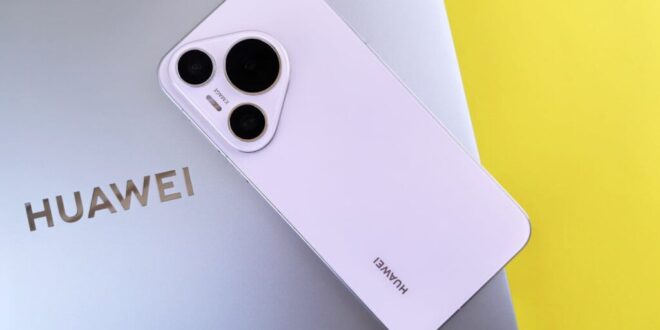Huawei devices. Credit: Andrey Matveev, Pexels
Spain faces increasing scrutiny for what many call a contradiction in strategy: despite being blocked from participating on the 5G infrastructure of the country, Huawei is still trusted to store sensitive wiretaps and spy recordings.
Huawei wins €12.3m contract to store Spanish wiretaps
The Ministry of the Interior has awarded Huawei €12.3 million to supply high-performance servers for storing legal wiretap data from criminal and intelligence investigations – some of Spain’s most classified material.
As you can see, The Record Reports state that this data is also managed by SITEL – Spain’s Integrated System for the Interception of Telecommunications. Huawei’s OceanStor V5 servers are known to be cheaper than Western competitors like Dell and IBM. They now store sensitive audio, such as the Villarejo tapes Interceptions from major investigations such as the Koldo Case.
Security red flags raised by Police and Guardia Civil
Not everyone is convinced that Huawei has met the cybersecurity requirements of Spain through its National Cryptologic Center. Both the National Police and Guardia Civil’s internal sources have confirmed The Objective that this creates a dangerous “strategic inconsistency” – pointing to growing unrest within Spain’s law enforcement community.
“They’re extremely cautious with foreign tech firms,” sources said, “yet entrusting Huawei – a company linked to the Chinese Communist Party – with critical data raises serious national security questions,” (cited by Euronews.)
Allies of NATO and the EU
In Europe and Western countries, Huawei is subject to bans and restrictions because of fears that it could be used to spy on China under Beijing’s National Intelligence Law of 2017. This law allows the government to force private companies to collaborate.
Germany has recently reached an agreement with its telecom giants that will phase out Huawei from its networks by the year 2029. Portugal banned non-EU, non-NATO vendors based on nationality. The UK has opted to remove Chinese tech from its 5G cores.
Spain, by contrast, takes a case-bycase approach. RUSI researcher Natasha Buckley describes this as “placing more emphasis on supply-chain reliability than geopolitical factors.” She continued:
Huawei has been banned from taking part in certain public 5G projects. However, its servers were approved to hold sensitive police wiretap information. This results in a case by case approach, which is not a policy.The Record).
Sánchez defends Huawei’s presence in Spain
Spanish Prime Minister Pedro Sánchez has emerged as one of Huawei’s biggest EU supporters. Spain, despite being under pressure from Brussels to do so, has yet to implement its own list “high risk vendors” as permitted by its 5G cyber-security law.
According to The Objective, Digital Minister José Luis Escrivá admitted that while the law allows Spain to blacklist suppliers, the government has intentionally delayed implementation, wanting to keep a diplomatic “silver bullet” should tensions with China escalate further.
Huawei is also closely tied to the Spanish public sector. It has opened research centers in Madrid, and it serves as a contractor on multiple government projects.
No comment by Huawei
Huawei has not made any public comments on the wiretap contract. Huawei continues to deny that any of its hardware is a security threat.
All the latest news in Spain.
 Costa News Spain Breaking News | English News in Spain.
Costa News Spain Breaking News | English News in Spain.






